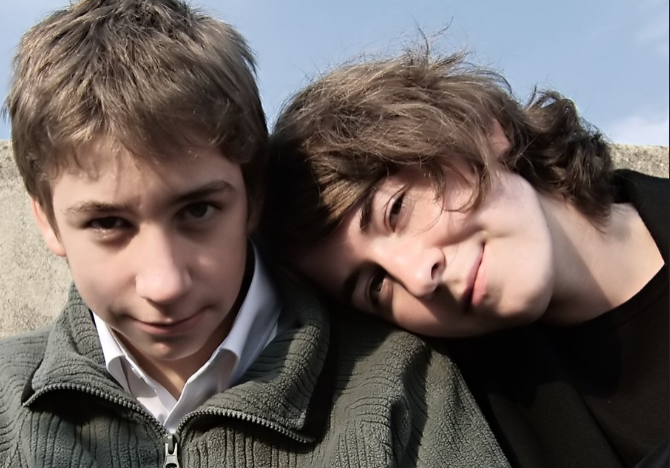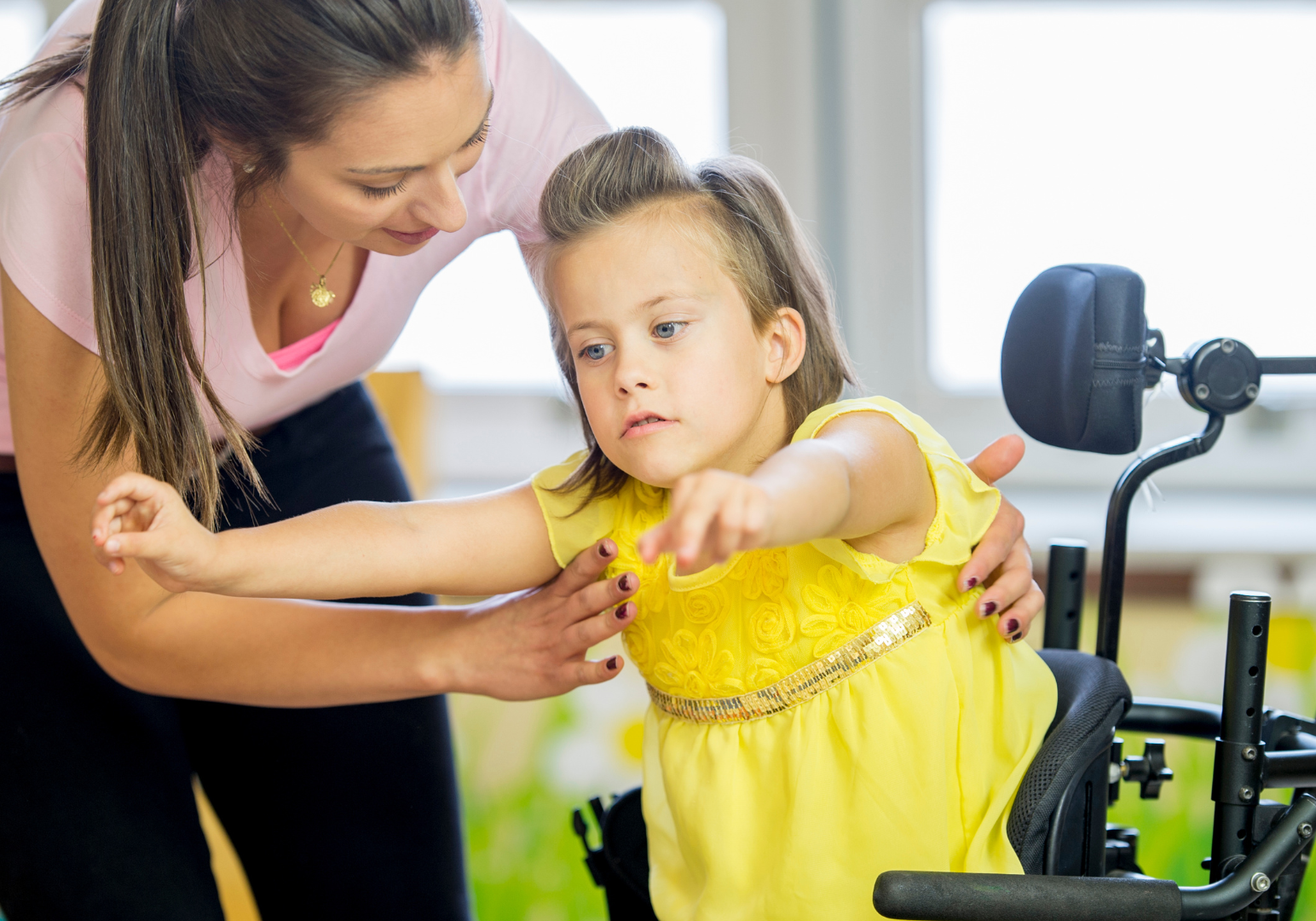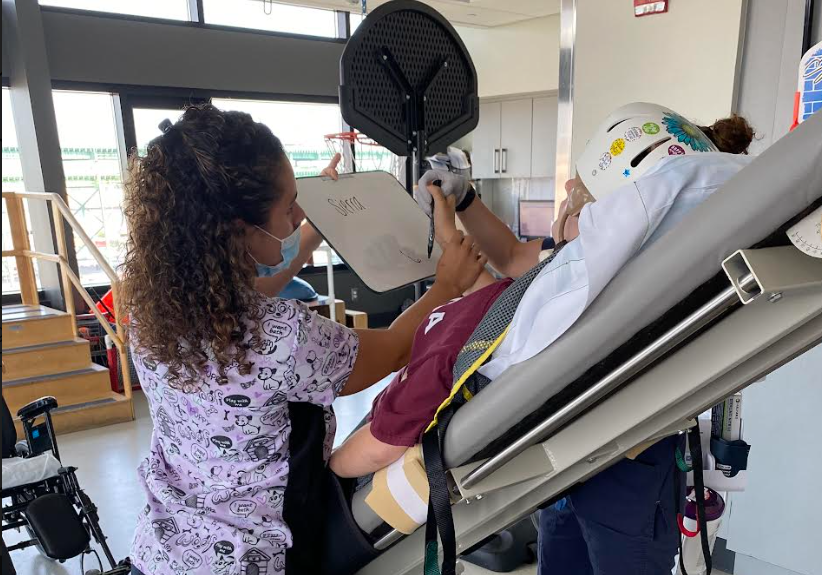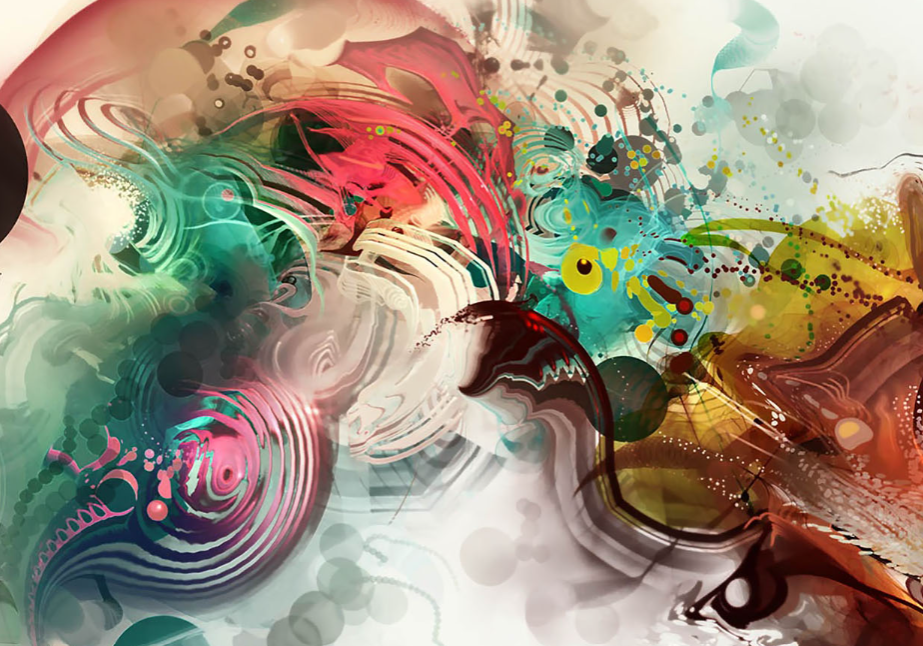
REGAINING EQUILIBRIUM Understanding the Process of Sibling Adjustment to Pediatric Aquired Brain Injury
For decades, researchers have been documenting the negative impacts of acquired brain injury (ABI) on families, but have
generally overlooked the unique needs and experiences of siblings. Siblings share a common family history, activities, and cultural
background, and are thus vulnerable to disruption following ABI...

Traumatic Brain Injury
In Broader Terms
Traumatic brain injury (TBI) happens when a sudden, external, physical assault damages the brain. It is one of the most common causes of disability and death in adults. TBI is a broad term that describes a vast array of injuries that happen to the brain.
The Healing Journey
Rehabilitation After Traumatic Brain Injury
According to the CDC, the leading cause of TBI is falls, particularly for young children and adults over 65. Other common causes of TBI include accidental blunt force trauma, motor vehicle accidents, and violent assaults.
If you have had a TBI, rehabilitation (or rehab) will be an important part of your recovery. Rehab can take many forms depending on your needs, and might include physical, occupational, and speech therapy, as well as psychiatric care and social support. All of these are designed to help you recover from the effects of your injury as much as possible.


The brain's response
What Art Does For Your Brain
“When you experience virtual reality, read poetry or fiction, see a film or listen to a piece of music, or move your body to dance, to name a few of the many arts, you are biologically changed,” write Magsamen and Ross. “There is a neurochemical exchange that can lead to what Aristotle called catharsis, or a release of emotion that leaves you feeling more connected to yourself and others.” -
